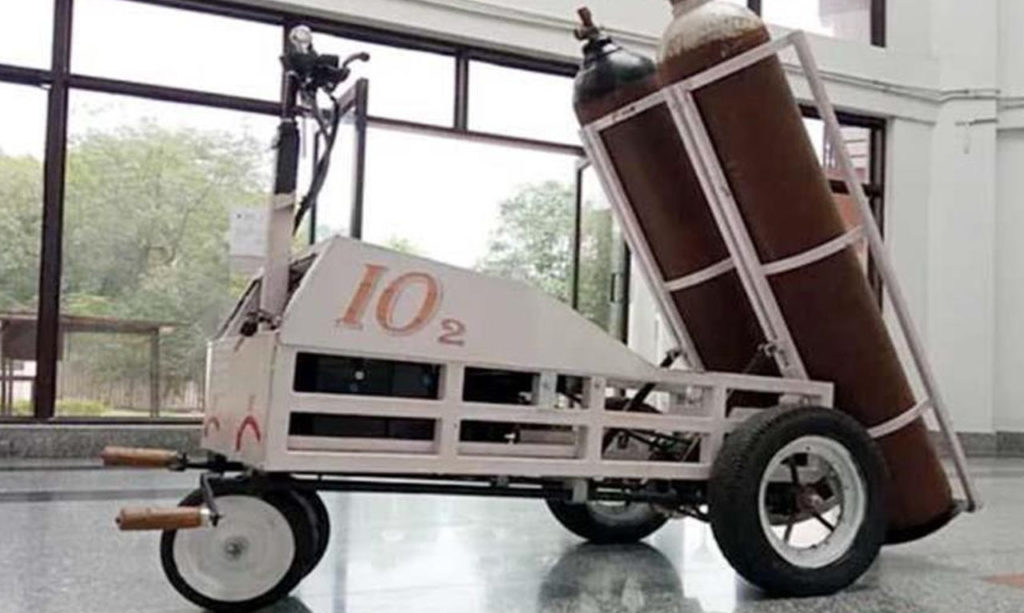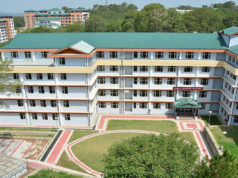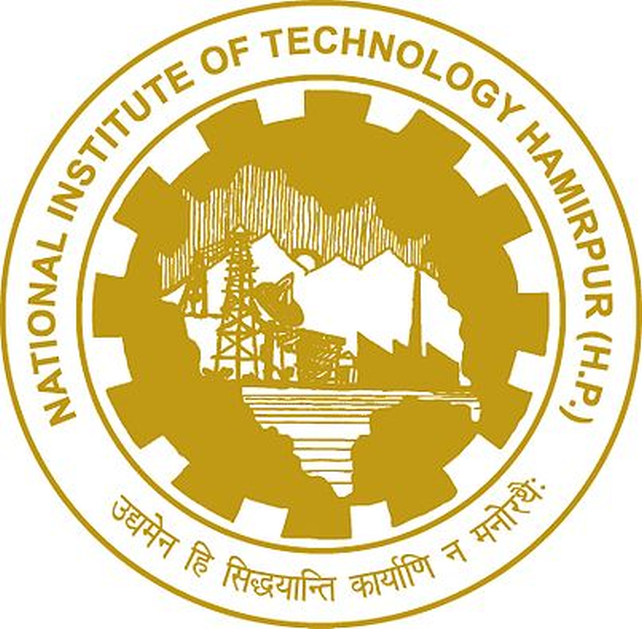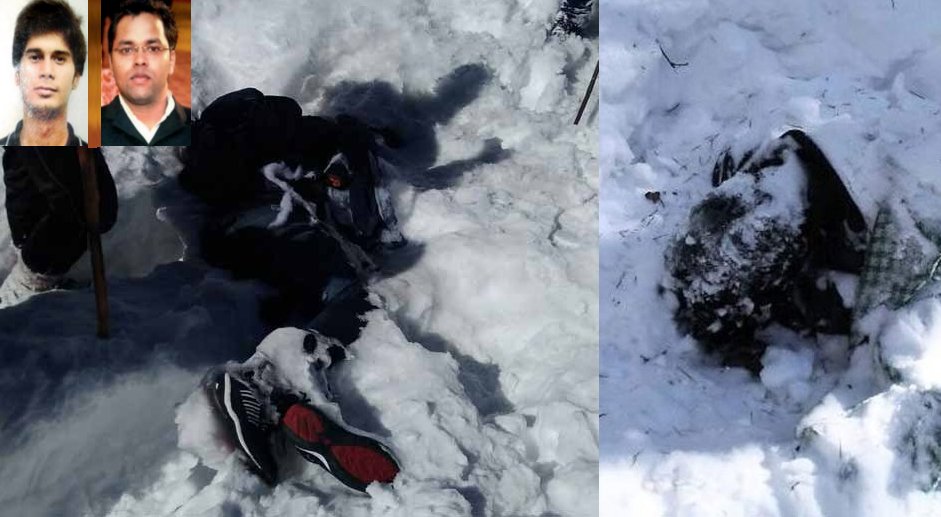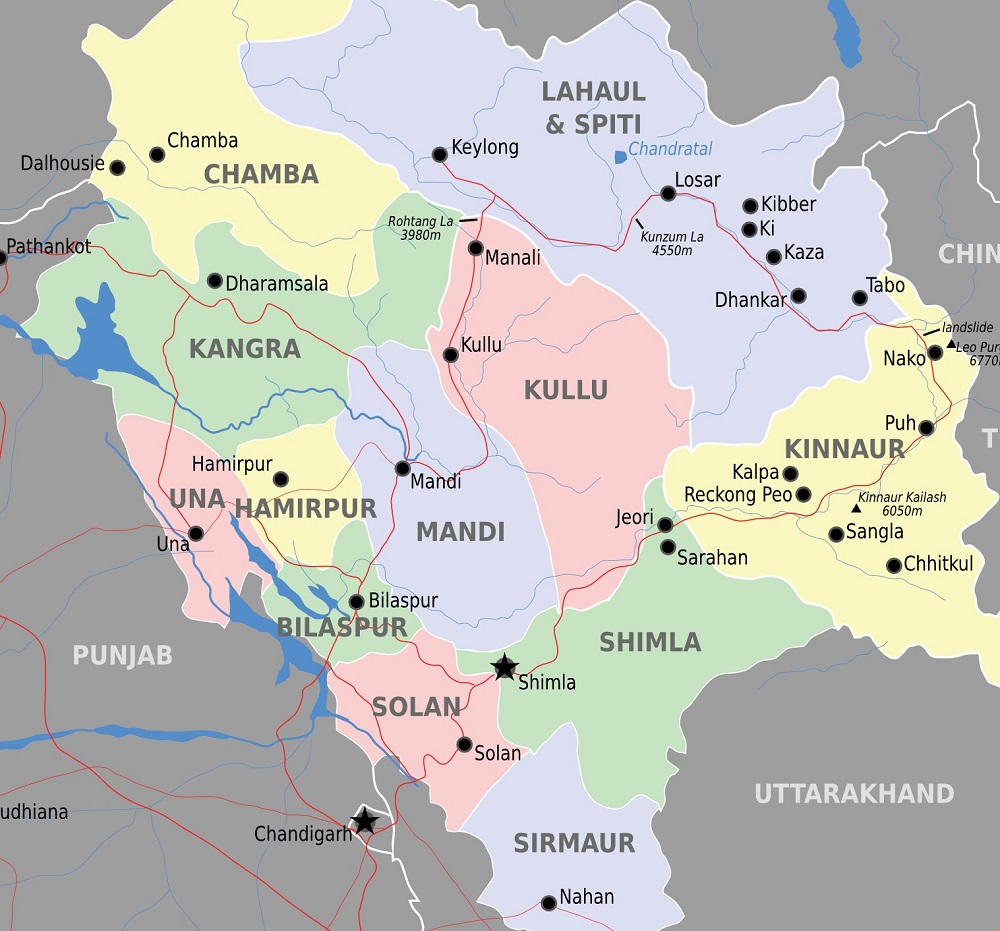Hamirpur – In a remarkable stride towards enhancing healthcare logistics, the National Institute of Technology (NIT) Hamirpur has successfully secured a patent for its groundbreaking Oxygen Cylinder Trolley. This inventive solution, designed specifically for medical emergency transport, promises to revolutionize the way critical supplies, particularly medical oxygen cylinders, are moved within hospital premises and COVID centers.
The project, initiated with support from the District Administration, Hamirpur, came into fruition during the challenging circumstances of the COVID-19 pandemic. Faced with difficulties in the swift transportation of essential medical supplies, including oxygen cylinders, within healthcare facilities, the then District Commissioner Devshweta Banik entrusted the task to NIT Hamirpur’s mechanical wing.
Under the guidance of Devshweta Banik and with crucial financial backing, a team at NIT Hamirpur, led by Rajat Anant, E. Mohit Anant, and Dr. RK Jariyal, collaborated with NIT professors to conceptualize and develop the motorized trolley.
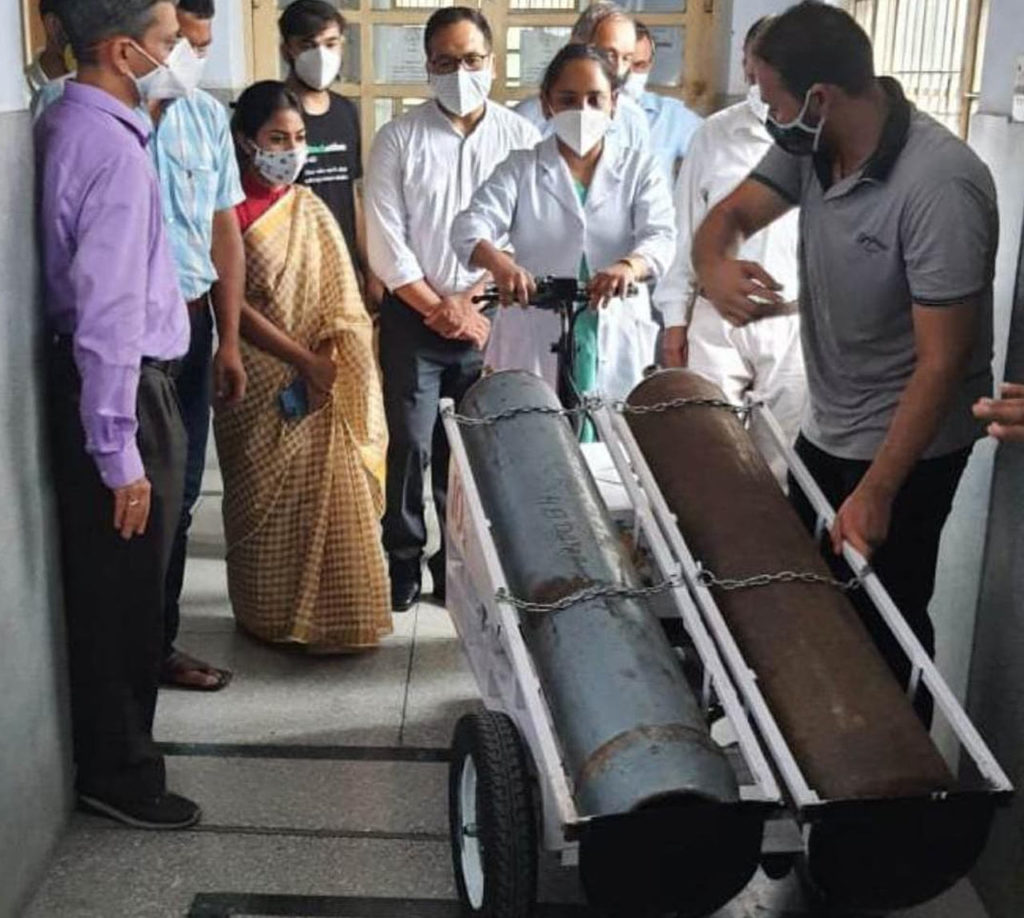
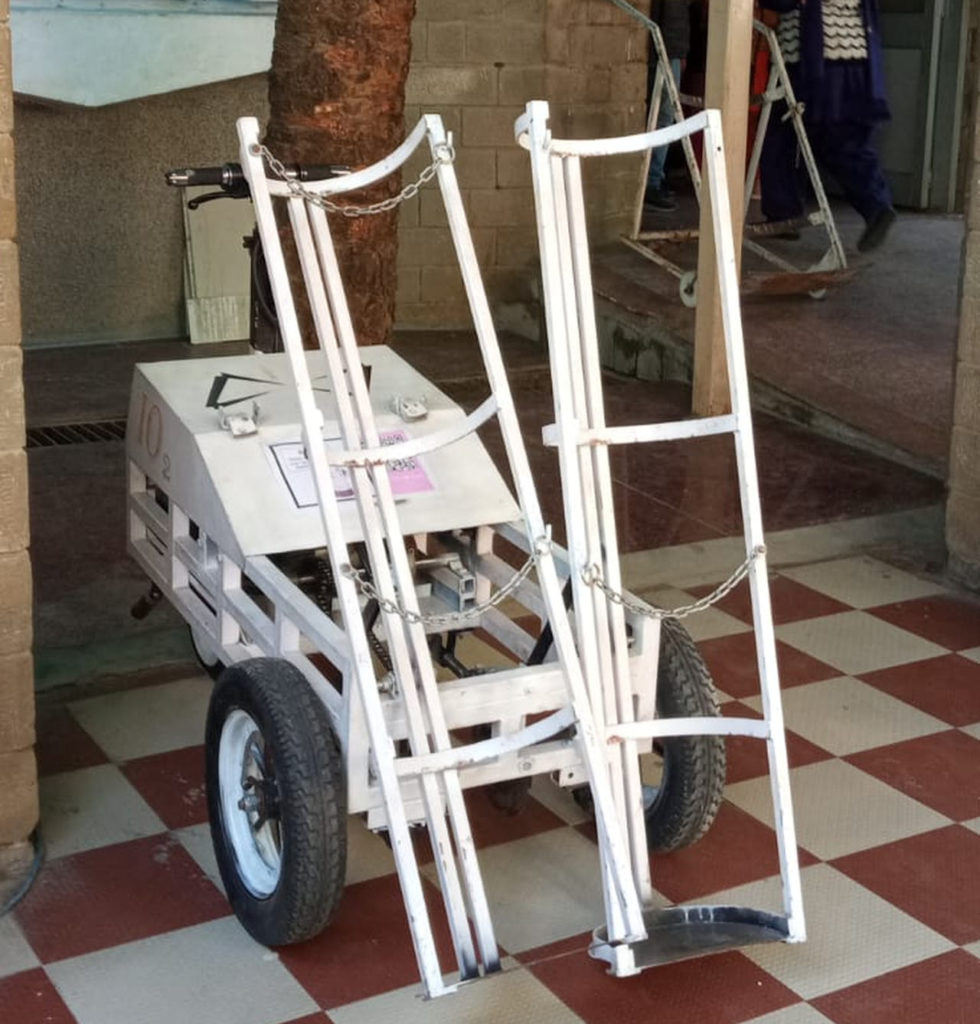
The recently granted patent, numbered 507870, recognizes the innovation’s pivotal features. The Prototype-2 trolley, subjected to successful testing at Taunidevi Hospital in 2021, demonstrated its efficacy.
Key attributes of NIT Hamirpur’s Oxygen Cylinder Trolley include its cost-effectiveness, robust construction, user-friendly operation, quick loading and unloading capabilities, desired speed control, and a dual-mode braking system. These features collectively make the trolley an invaluable asset for rapid and efficient transportation of emergency medical supplies.
Expressing their satisfaction with the achievement, the NIT Hamirpur team emphasized the user-friendly nature of the motorized trolley compared to traditional alternatives. This innovation is poised to have a lasting impact on medical infrastructure, particularly during emergencies, showcasing the importance of collaborative efforts between educational institutions and local authorities in addressing critical challenges.


